Stewardship is defined as ‘the way in which we take care of something.’ It is about taking responsibility to promote, monitor, conserve and restore ecosystems for current and future generations of all species.
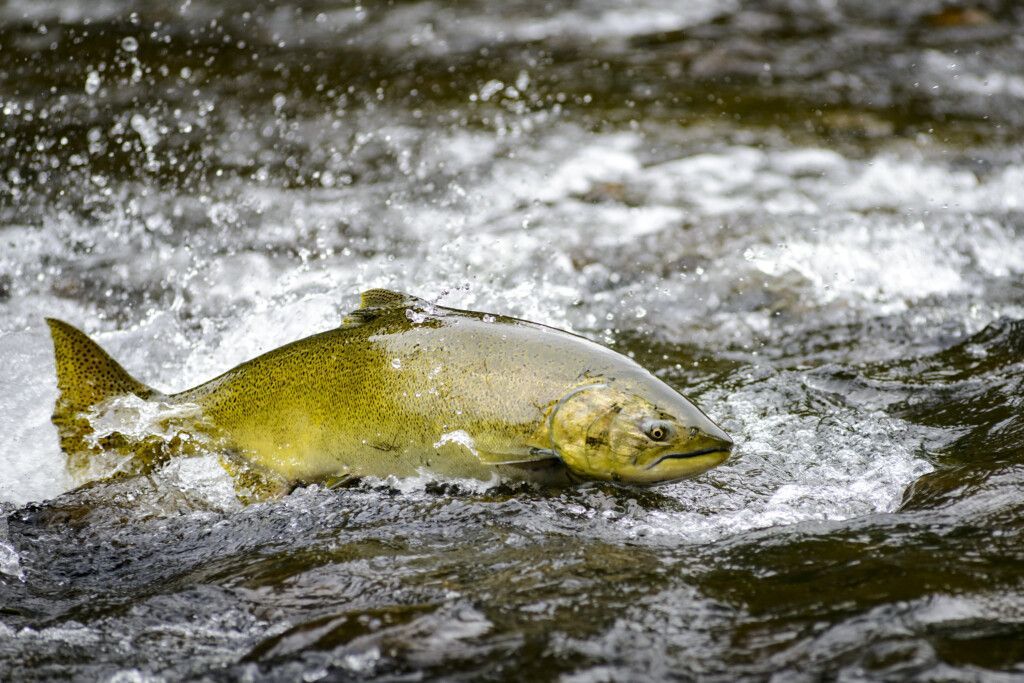
Participating in activities, such as salmon habitat restoration, can directly improve conditions for salmon.
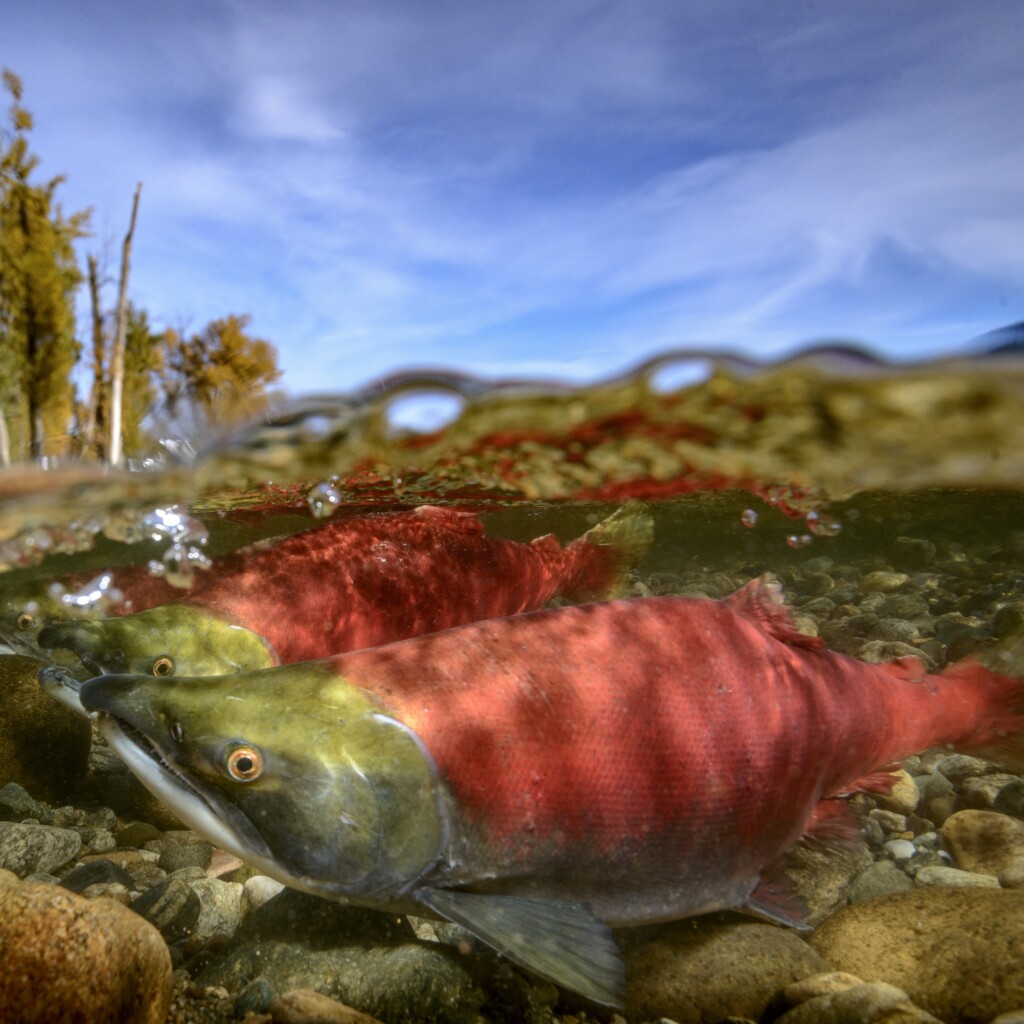
Doing stewardship activities helps one feel connected to the environment and like-minded people, which encourages additional meaningful efforts.
There are three types of environmental stewards:
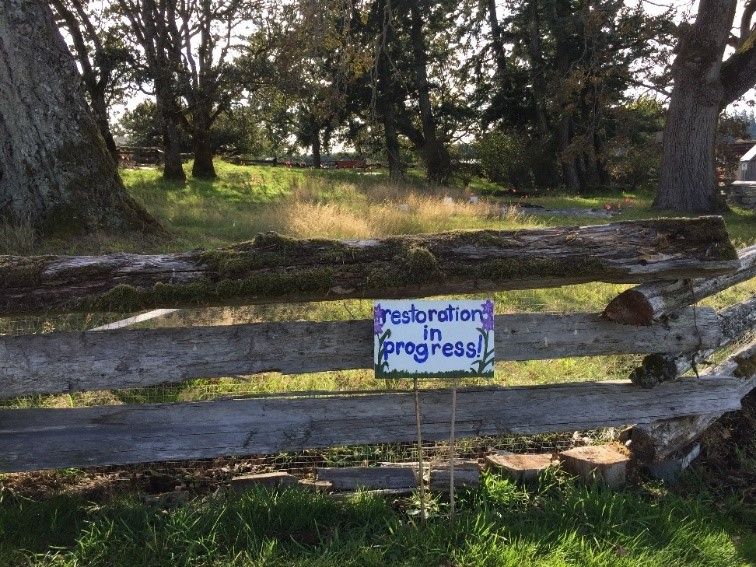
There are so many ways you can actively contribute to looking after your local environment.

Interested in keeping our shorelines free of litter? Join a beach clean-up event with local organizations like the Surfrider Foundation, World Wildlife Fund and Peninsula Streams Society.
You can lend a hand to reducing the invasive species in your community and local parks, participate in other habitat restoration activities like seagrass restoration, become a StreamKeeper, or do any other activity that helps the environment that is close to your heart.
You could also become a “citizen scientist” - someone that does not necessarily have a science degree but has the skills, interests, or resources to contribute to furthering scientific knowledge.
As a citizen scientist you can help collect valuable data on conservation initiatives like mapping kelp beds by kayak to better understand how kelp populations are changing, or participating in a BioBlitz in your area to help gather a snapshot of the biodiversity (and therefore the ecological health) of where you live!
Here are some examples of citizen science opportunities:
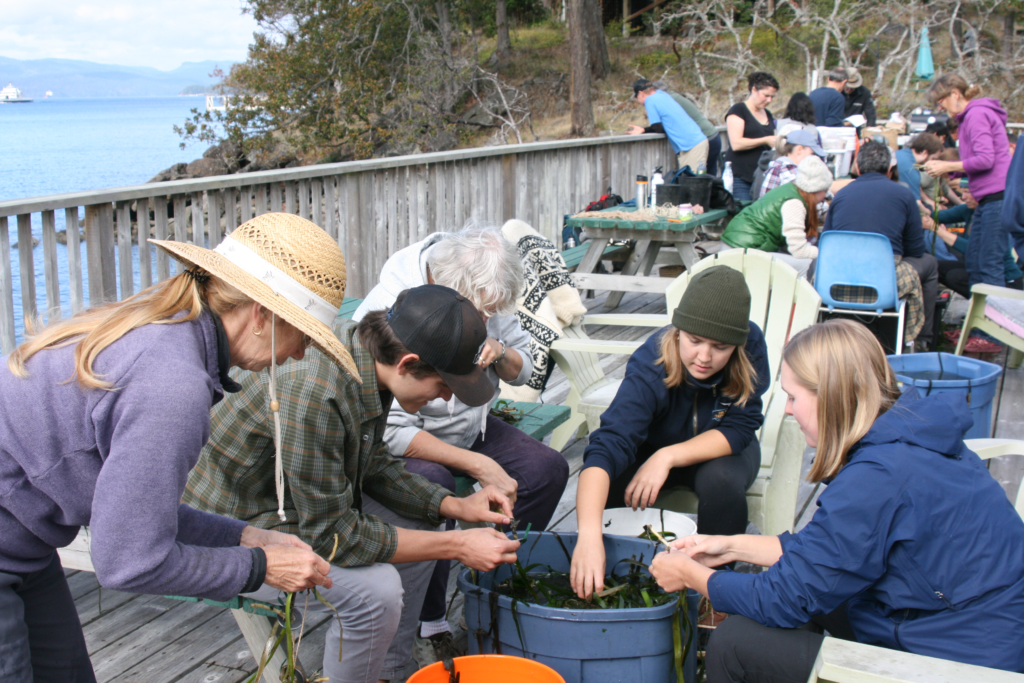
You can even share your passion and knowledge by being a volunteer with educational centres such as local museums or aquariums, like the Shaw Centre for the Salish Sea in Sidney, BC. You may just inspire others to appreciate what you love.
Search the map below for local NGOs and stewardship groups to help you find one nearby that matches your interests.
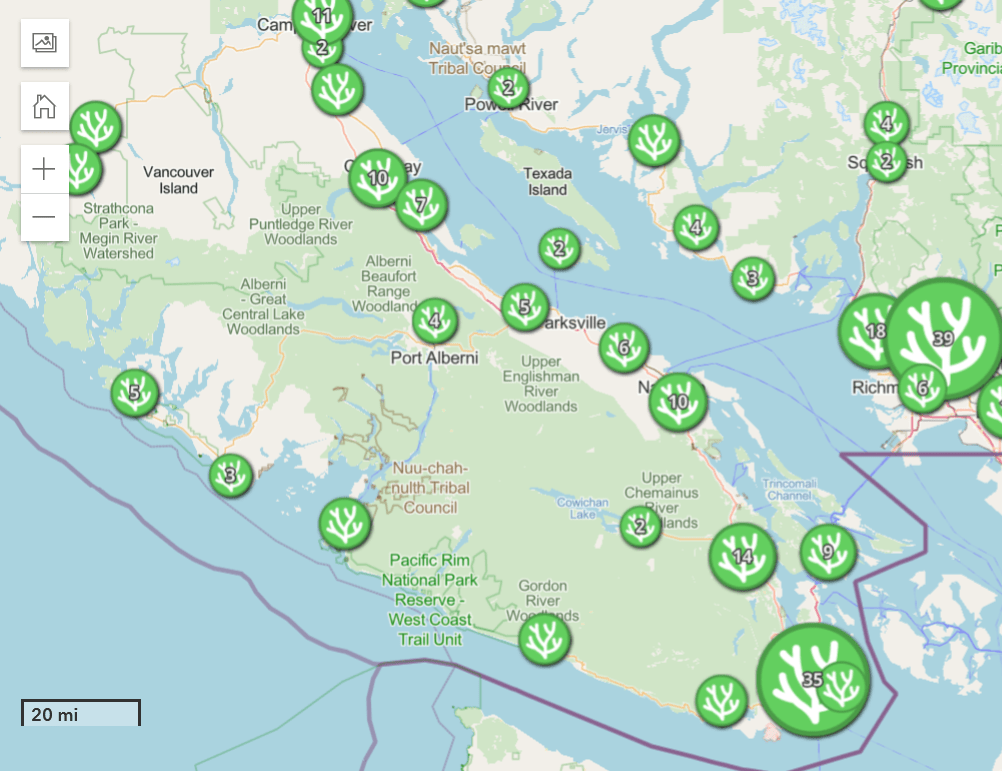
Truthfully, you don't need to be a part of an organization to be an environmental steward. You can work towards giving natural ecosystems a boost – even in your front yard or neighbourhood! A fun stewardship action could be constructing a garden on your boulevard or to convert your lawn into a meadow to support native pollinators. Native pollinators in your region have co-evolved with native plants, supporting them with food, shelter and habitat to keep reproducing!
You could work towards reducing stormwater runoff in your neighbourhood, take steps to be more eco-friendly in the garden, or while out on your boat.
Photo credits: Maria Catanzaro